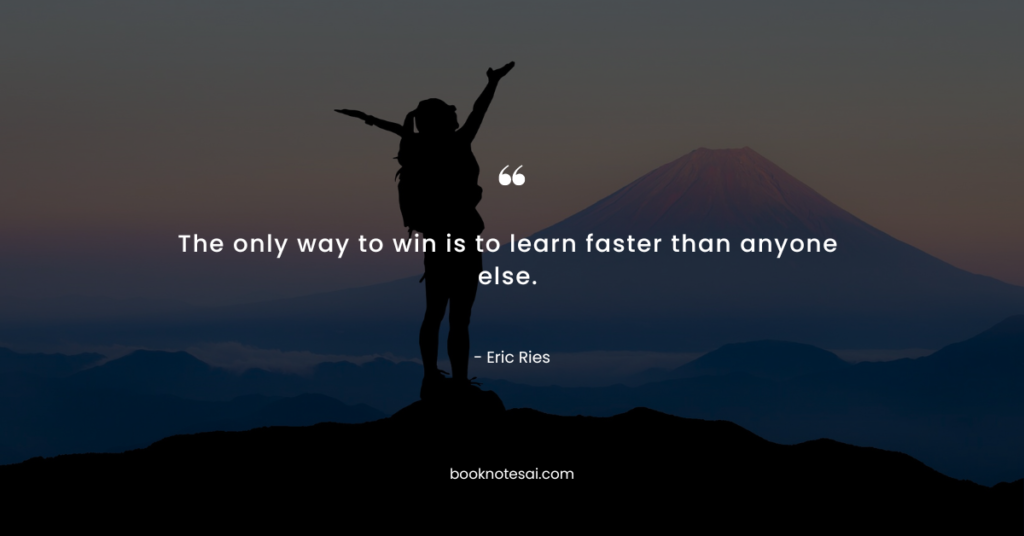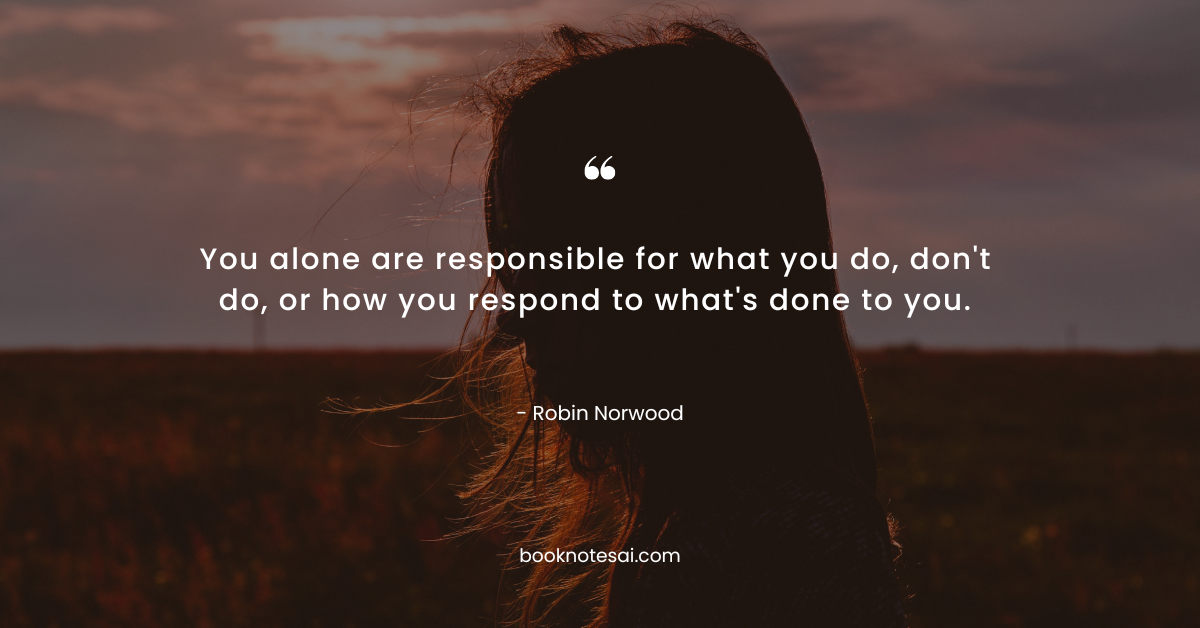Listen To This Post
How Today’s Entrepreneurs Use Continuous Innovation to Create Radically Successful Businesses.

This is a book summary for The Lean Startup by Eric Ries. The most essential information is streamlined and structured to be practical, straightforward, and incredibly valuable, all while saving you tons of time.
Introduction: Why this book?
- “The Lean Startup” revolutionizes the approach to starting and managing businesses, offering practical insights and strategies for entrepreneurs in today’s fast-paced market.
- Through Eric Ries’ methodology, readers can grasp the essence of entrepreneurial agility and learn to navigate uncertainties with resilience and adaptability.
The Lean Startup Summary:
- Eric Ries introduces the concept of validated learning, emphasizing the importance of rapid experimentation and customer feedback loops to refine product development.
- The book advocates for the build-measure-learn feedback loop, urging startups to prioritize learning over traditional planning to mitigate risks and optimize resources.
- Ries emphasizes the significance of the Minimum Viable Product (MVP) as a tool for efficient product development and market validation, encouraging entrepreneurs to launch early and iterate based on user insights.
- Through the framework of lean startup principles, Ries highlights the necessity of embracing uncertainty and adopting a scientific approach to entrepreneurship.
- The Lean Startup offers a blueprint for fostering innovation and achieving sustainable growth by focusing on delivering value to customers and adapting to market dynamics.
💡 5 Big Ideas
- Validated Learning: Eric Ries underscores the importance of learning through experimentation and customer feedback, enabling startups to make informed decisions and iterate effectively.
- Minimum Viable Product (MVP): The concept of MVP allows entrepreneurs to validate assumptions and test hypotheses with minimal resources, facilitating rapid product development and market validation.
- Pivot or Persevere: Ries advocates for the flexibility to pivot or persevere based on validated learning, empowering startups to adapt their strategies in response to changing market conditions.
- Continuous Innovation: The lean startup methodology emphasizes the need for continuous innovation and iteration, fostering a culture of learning and adaptation within organizations.
- Customer-Centric Approach: By prioritizing customer feedback and satisfaction, startups can align their efforts with market needs, driving sustainable growth and long-term success. These ideas collectively emphasize agility, resilience, and customer-centricity as the cornerstones of entrepreneurial success.
In summary, “The Lean Startup” equips entrepreneurs with practical tools and strategies to navigate the complexities of the modern business landscape, emphasizing the importance of agility, experimentation, and customer focus.
Powerful Quotes
- “Success is not delivering a feature; success is learning how to solve the customer’s problem.”
This quote highlights the emphasis on customer-centricity and problem-solving in the lean startup methodology. - “The only way to win is to learn faster than anyone else.”
This quote underscores the importance of rapid iteration and continuous learning in gaining a competitive edge. - “Startup success can be engineered by following the right process, which means it can be learned, which means it can be taught.”
This quote emphasizes the notion that entrepreneurship is a learnable skill rooted in disciplined processes and methodologies. - “The Lean Startup method teaches you how to drive a startup – how to steer, when to turn, and when to persevere – and grow a business with maximum acceleration.”
This quote encapsulates the essence of the lean startup approach, emphasizing adaptability and agility in navigating the entrepreneurial journey. - “Build a sustainable business, one that is built to last. Do not aspire to be a flash in the pan.”
This quote encourages entrepreneurs to focus on building enduring businesses with long-term viability and impact. - “The only way to win is to learn faster than anyone else.”
This quote highlights the importance of agility and continuous learning in outpacing competitors and seizing opportunities. - “A startup is a human institution designed to create a new product or service under conditions of extreme uncertainty.”
This quote defines the essence of startups as dynamic entities navigating uncertainty and embracing experimentation. - “Learning what to build is often more valuable than building it.”
This quote emphasizes the significance of validated learning and market validation in guiding product development efforts. - “Success is not delivering a feature; success is learning how to solve the customer’s problem.”
This quote underscores the customer-centric approach advocated by the lean startup methodology. - “If we do not know who the customer is, we do not know what quality is.”
This quote highlights the importance of understanding and prioritizing customer needs in delivering value and ensuring product quality.
One Reason To Read This Book:
Anyone looking to embark on an entrepreneurial journey or seeking to innovate within existing enterprises will find “The Lean Startup” indispensable for its practical insights and actionable strategies that foster sustainable growth and success.
Who should I recommend The Lean Startup summary to?
You can recommend “The Lean Startup” summary to aspiring entrepreneurs, business leaders, startup founders, and innovators across various industries seeking to embrace agility, experimentation, and customer-centricity to drive success in today’s rapidly evolving marketplace.
Recommendations:
- “Lean Analytics” by Alistair Croll and Ben Yoskovitz
- “Zero to One” by Peter Thiel
- “Hooked: How to Build Habit-Forming Products” by Nir Eyal
- “Sprint: How to Solve Big Problems and Test New Ideas in Just Five Days” by Jake Knapp, John Zeratsky, and Braden Kowitz
This summary serves as a complimentary guide to the reviewed title The Lean Startup offering key insights. For a deeper understanding, we encourage you to explore the full book.


